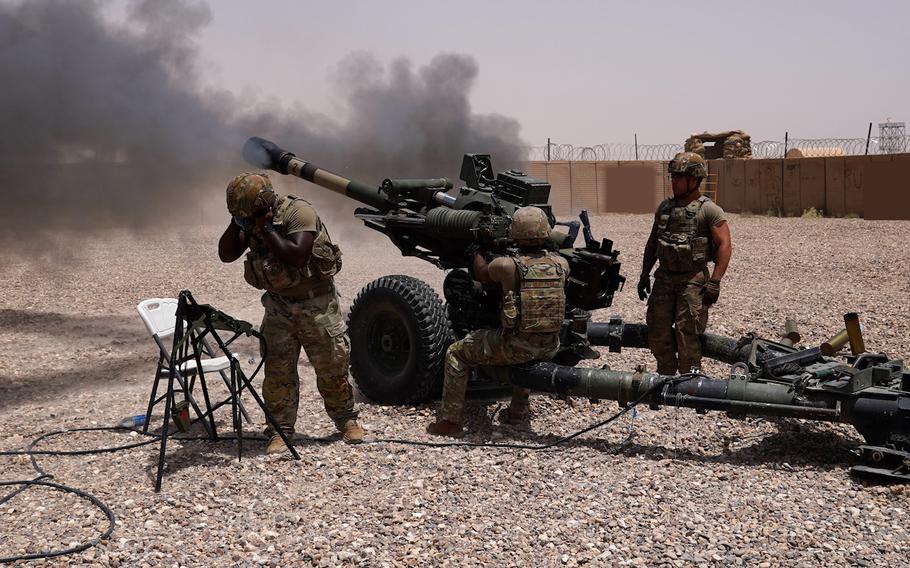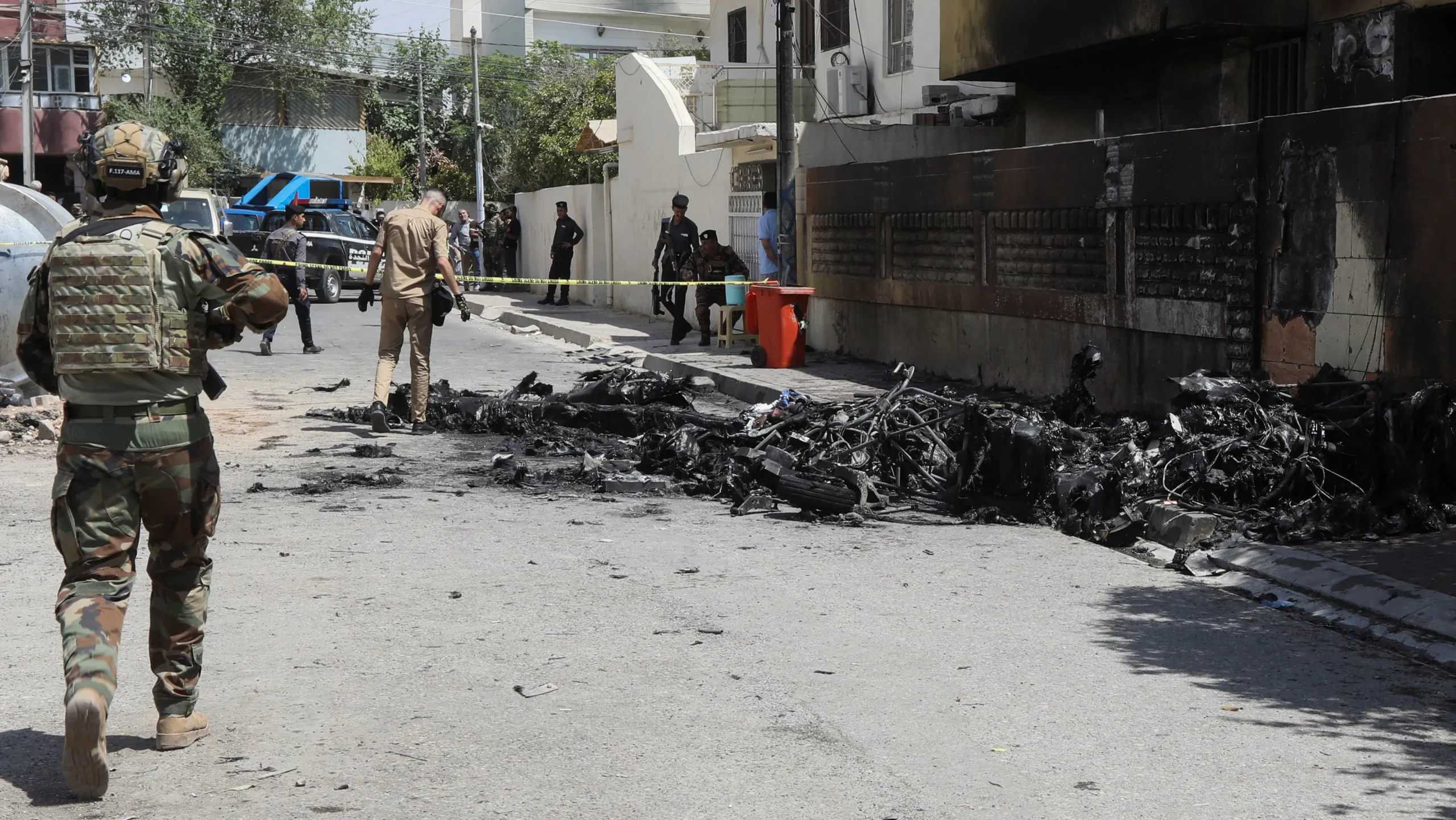The United States and Iraqi forces conducted a joint raid in the Anbar Desert, targeting suspected Islamic State (IS) militants. The operation, which occurred on a Thursday, resulted in the death of at least 15 individuals and injured seven American troops. This raid is noted for its higher casualty count compared to previous operations against IS. The raid aimed to disrupt IS’s ability to plan and execute attacks against both Iraqi civilians and international forces in the region.
The U.S. Central Command reported that the militants were heavily armed, and equipped with grenades, suicide belts, and other weapons. The Iraqi military confirmed that the operation included airstrikes followed by an airborne assault on militant hideouts. The raid resulted in the destruction of hideouts and weapon caches, and the seizure of important documents and communication devices. No civilian casualties were reported during the operation.

U.S. and Iraqi Troops Target IS in Anbar Desert Raid, Resulting in 15 Deaths and Seven Injuries
The U.S. Defense Department disclosed that five American soldiers were injured during the raid, with two suffering from falls. One soldier was evacuated for further treatment while another was transported out of the region. All injured personnel are reported to be in stable condition. The delayed acknowledgment of U.S. involvement in the operation has raised questions, particularly as debates continue about the role of American troops in Iraq.
The U.S. has maintained a military presence in Iraq since the 2003 invasion, which removed Saddam Hussein from power. Despite the fall of IS’s territorial control, the group remains active, particularly in the Anbar Desert. The ongoing conflict in the region is complicated by the presence of Iranian-backed militias and their attacks on U.S. forces, which have escalated tensions amid the broader Israel-Hamas conflict.
IS’s influence persists despite the efforts of a coalition led by the U.S., which successfully diminished its territorial holdings in Iraq and Syria. However, IS continues to claim responsibility for various attacks globally and has seen an increase in activity this year. The situation remains fluid as Iraq considers winding down the U.S.-led mission, and the U.S. military faces increased scrutiny and challenges in the region due to ongoing regional conflicts and militia attacks.











































